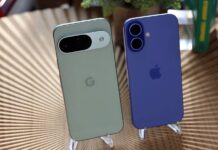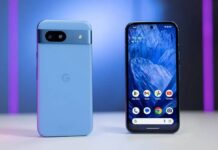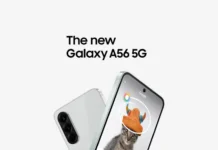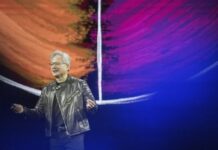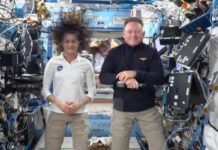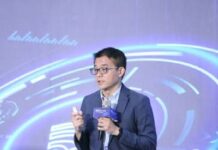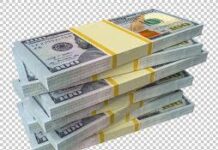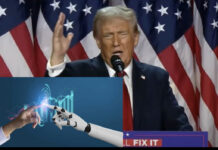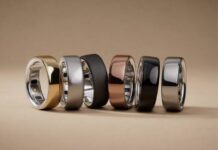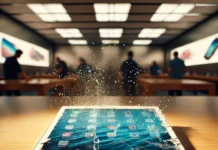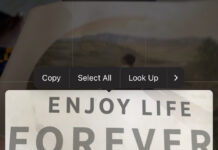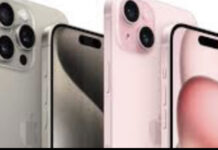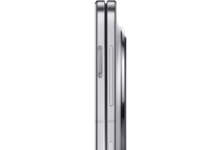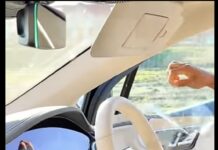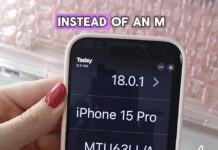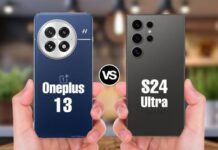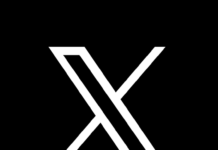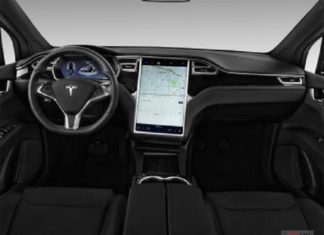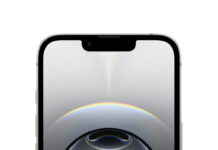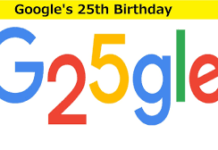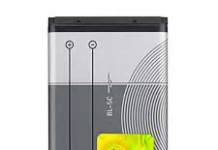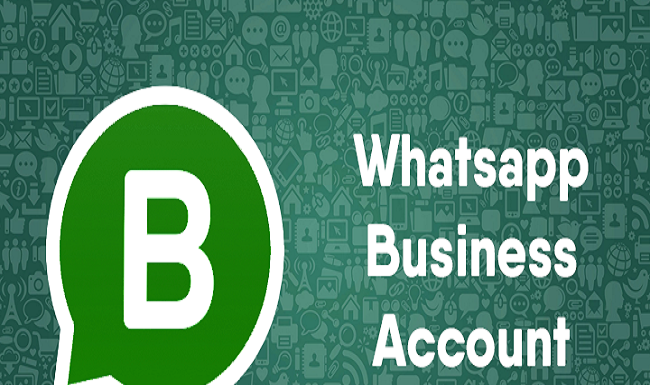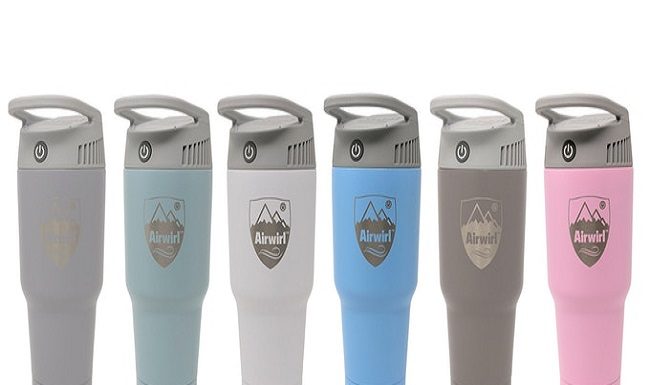On December 26, the International Trade Commission (ITC) ban on the sale of Apple’s latest Apple Watches, including the Series 9 and Ultra 2, officially went into effect in the United States. The ban resulted from a patent infringement claim by medical-monitoring technology company Masimo, accusing Apple of violating its pulse oximetry patents related to blood oxygen saturation technology.
Despite Apple’s appeal to the Biden administration for a veto, the White House declined to intervene, marking a significant setback for the tech giant. Apple had already removed the affected devices from its website on December 21 and store shelves after December 24 in compliance with the impending ban.
The ITC, a federal agency handling international trade disputes, found that the blood oxygen level monitoring feature in Apple Watches infringed upon Masimo’s patents. The Biden administration had a 60-day window, until December 25, to veto the order based on public policy concerns but chose not to do so.
The ban specifically targets Apple stores in the US, allowing other retailers like Best Buy and Target to continue selling remaining stock of the Series 9 and Ultra 2 models. The more affordable Apple Watch SE, lacking the blood oxygen sensor, remains unaffected and continues to be available for purchase.
Apple, in response to the ban, confirmed its intention to appeal the ITC decision. An unnamed Apple spokesperson expressed strong disagreement with the exclusion order and stated that the company is taking all necessary measures to return the affected watches to US customers promptly.
The accusations against Apple by Masimo extend beyond patent infringement, alleging that Apple hired away its employees and stole its technology after discussions about a potential collaboration. A jury trial on these allegations in a California federal court ended in a mistrial in May, and the case has yet to be rescheduled. Apple, in turn, countersued Masimo for patent infringement in Delaware federal court.
As the ban takes effect, Apple faces challenges in maintaining sales and availability of its latest watches in the US. Masimo’s CEO, Joe Kiani, has expressed a willingness to settle the dispute, providing a potential avenue for resolution. However, the ITC’s decision has created uncertainty about the future of Apple’s smartwatch offerings in the US market.
Apple’s options include pursuing an appeal to the US Court of Appeals for the Federal Circuit in Washington, a route the company is expected to take. Simultaneously, Apple is reportedly exploring software changes to enable the watches to operate without infringing Masimo’s patents. Whether such modifications will be accepted by the ITC remains uncertain, as Masimo insists that its patents cover hardware and a software fix would not be sufficient.
In its emergency appeal motion, Apple has requested a temporary stay on the ban until US Customs can consider a redesign of the Series 9 and Ultra 2 watches. The company argues that it could suffer irreparable harm if the ban remains in place during the ongoing appeal.
Though the ban currently affects only Apple stores, the broader implications for the company’s reputation as a provider of health-centric smartwatches could be significant. Apple has marketed its devices as life-saving, and this setback threatens to undermine that narrative.

